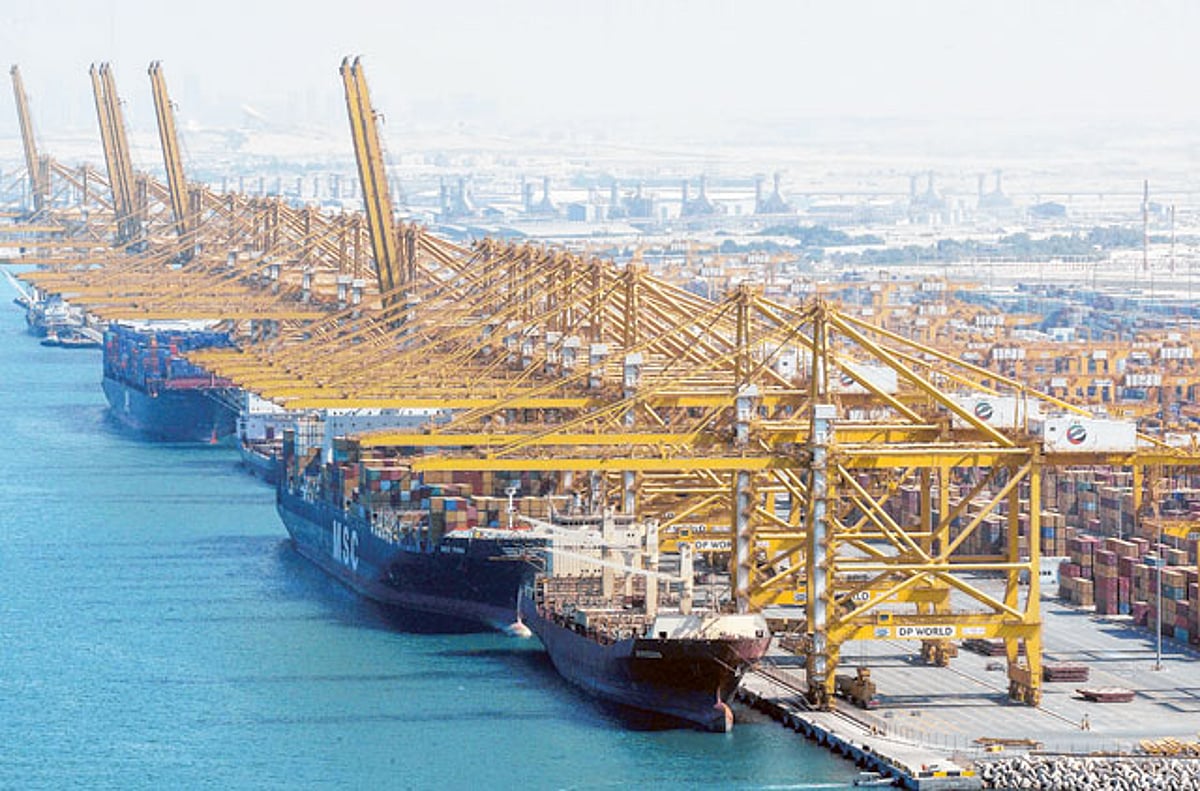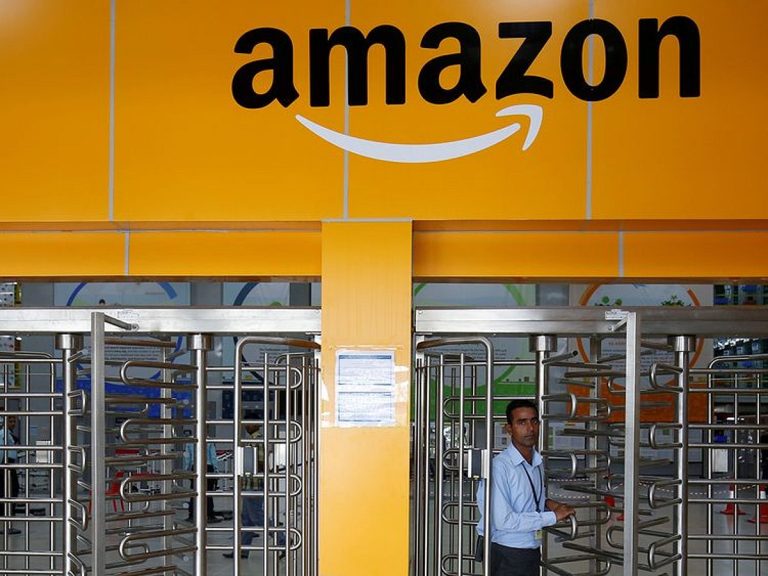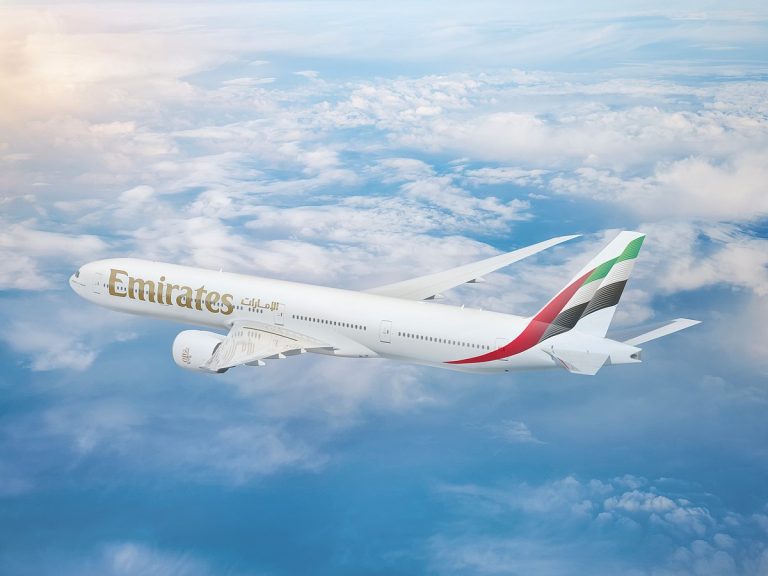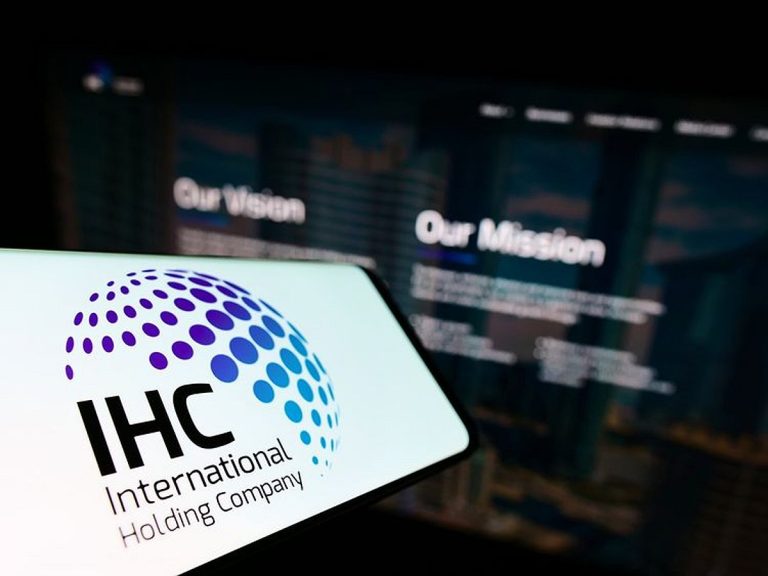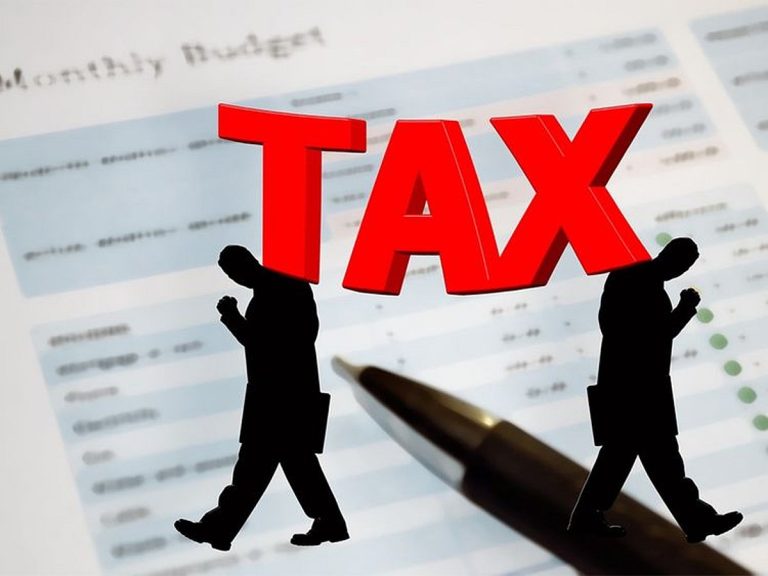DP World Expands Electric Fleet at Jebel Ali Port
DP World has made a substantial investment in sustainable logistics by expanding its electric internal terminal vehicle (eITV) fleet at Jebel Ali Port. Over the past year, the fleet has increased from 14 to 146 vehicles, positioning it as one of the largest electric port fleets in the Middle East.
Environmental Impact and Fleet Details
This expansion is anticipated to significantly reduce diesel consumption and greenhouse gas emissions by more than 10%. This reduction is comparable to taking approximately 2,255 cars off Dubai’s roads each year. The upgraded fleet consists of 35 diesel units that have been converted to electric by DP World’s in-house teams, along with over 100 new eITVs sourced from global manufacturers. To support this initiative, a network of rapid-charging stations has been established, marking a pivotal step in the electrification of port logistics.
Enhancements in Operations
In addition to the eITVs, DP World has also introduced 11 electric empty container handlers to enhance yard operations. This move aligns with the UAE’s Net Zero 2050 goals, as highlighted by Abdulla Bin Damithan, CEO and Managing Director of DP World GCC. He emphasized that scaling the electric fleet contributes to building more sustainable and resilient supply chains.
Broader Implications for the Region
With shipping and port operations contributing to about 3% of global transport emissions, DP World’s initiative underscores Dubai’s commitment to advancing green port infrastructure and promoting low-carbon trade throughout the region. This expansion not only benefits the environment but also positions Dubai as a leader in sustainable logistics.
FAQs
What is the significance of DP World’s electric fleet expansion?
The expansion significantly reduces diesel use and greenhouse gas emissions, contributing to environmental sustainability and supporting the UAE’s Net Zero 2050 goals.
How many vehicles are now part of the eITV fleet at Jebel Ali Port?
The fleet has grown from 14 to 146 electric internal terminal vehicles within a year.
What additional equipment has DP World introduced alongside the electric vehicles?
DP World has also deployed 11 electric empty container handlers to improve operational efficiency in the yard.
Conclusion
DP World’s expansion of its electric fleet at Jebel Ali Port marks a significant advancement in sustainable logistics and environmental responsibility. As the company continues to enhance its operations, it plays a crucial role in promoting green initiatives and supporting the UAE’s long-term sustainability goals.
The transition to electric vehicles in port operations is part of a broader trend in the logistics industry, where companies are increasingly adopting sustainable practices to mitigate environmental impacts. The shift to electric internal terminal vehicles not only reduces reliance on fossil fuels but also enhances operational efficiency. Electric vehicles typically require less maintenance than their diesel counterparts, which can lead to lower operational costs over time. Furthermore, the integration of electric vehicles into port logistics aligns with global efforts to combat climate change and promote cleaner transportation solutions.
DP World’s initiative is also reflective of the UAE’s strategic vision to diversify its economy and reduce carbon emissions. The UAE government has been actively promoting sustainability through various initiatives, including the National Climate Change Plan and the UAE Energy Strategy 2050, which aims to increase the contribution of clean energy in the country’s energy mix. By investing in electric vehicles and infrastructure, DP World not only supports these national goals but also enhances its competitive edge in the logistics sector, which is increasingly influenced by environmental considerations.
The expansion of the electric fleet at Jebel Ali Port is expected to have ripple effects throughout the region, encouraging other ports and logistics companies to explore similar sustainable practices. As more stakeholders recognize the importance of reducing carbon footprints, the shift towards electrification in logistics may accelerate, leading to broader adoption of green technologies across the supply chain. This could ultimately contribute to a more sustainable future for the maritime industry, aligning with global commitments to reduce greenhouse gas emissions and promote environmental stewardship.
Also Read:
DONGFENG 007 Launches as UAE’s Next Electric Vehicle Leader

